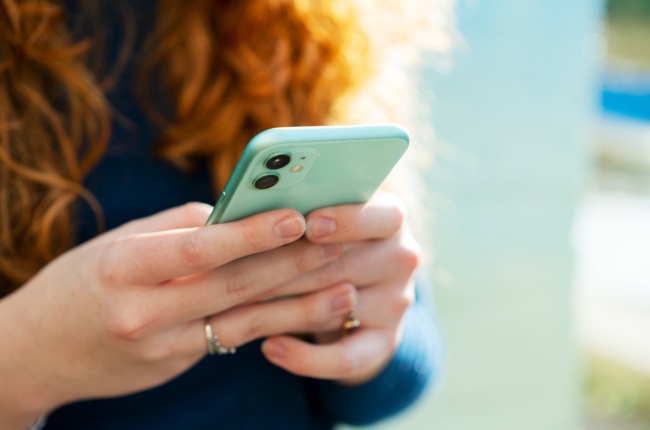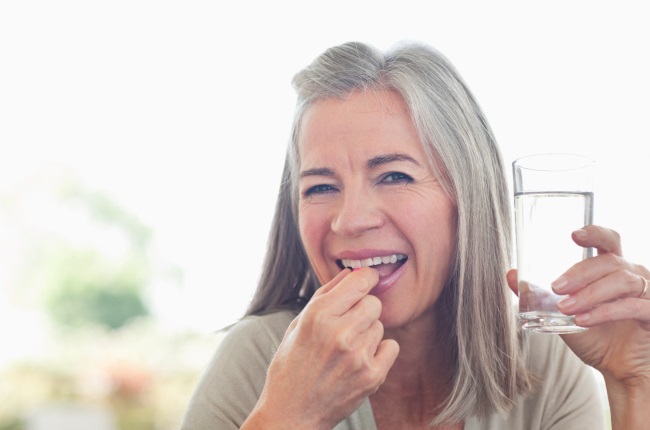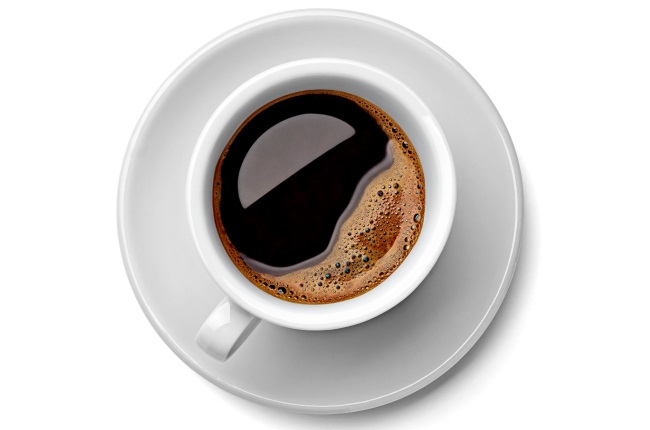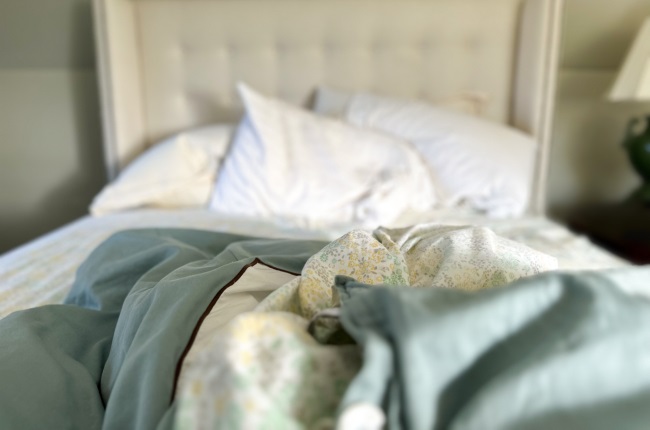
WHICH IS MORE RISKY FOR GERM INTAKE: your cellphone or your toilet seat?
The answer: Your phone
University of Arizona microbiologists say smartphones have up to 10 times more bacteria than the average toilet seat.
The reason: Toilets and bathrooms are naturally associated with germs, which means they get cleaned frequently, but when last did you give your phone the once-over with an antibacterial wipe?
Takeaway: Wash your hands thoroughly after you’ve been to the toilet. UK researchers recently found that one in six cellphones is contaminated with faecal matter – and they blame it on poor hand hygiene in the bathroom. Another team of British scientists found that 11 percent of hands contain enough faecal organisms to rival a dirty toilet bowl. Wash your hands with soap and water for at least 20 seconds, rinse well under running water and dry thoroughly with a clean towel.
WHICH IS WORSE FOR YOUR IMMUNITY: exercising first thing in the morning or last thing at night?
The answer: Early morning
The reason: You might think your resistance to cold and flu bugs will take a hit if you exercise when you’re already tired, but early-morning workouts pose the most risk. According to UK scientists, exercising at any hour raises levels of cortisol, a stress hormone that dampens immune function, but because immunity is naturally weaker in the morning, dawn workouts make you more susceptible to infection.
Takeaway: Take extra care on winter mornings. Texan researchers found exercising in cold temperatures suppresses the immune system even further.
WHAT'S THE BETTER OPTION FOR A HEALTHY LIFESTYLE: taking health supplements every day or just when you feel you need a pick-me-up?
The answer: Taking them occasionally
Taiwanese scientists found that people who take supplements daily exercise less and make unhealthier food choices.
The reason: It’s due to something called “licensing”, where people give themselves permission to indulge in less-healthy behaviours because they feel they’ve already done their health a good deed.
Takeaway: Try to get the vitamins and minerals you need from eating healthy food. But if you do choose to supplement your diet, invest in a good quality multi-vitamin. Recently, two separate studies suggested that regular multivitamin use was linked to an eight percent reduction in cancer risk and an improvement in women’s brain efficiency as they age.
WHICH IS MORE LIKELY TO RUIN A POSITIVE OUTLOOK: always looking on the bright side or facing reality?
The answer: Always looking on the bright side
Seeing things through rose-tinted glasses can be problematic – especially when you’re dealing with negative experiences.
The reason: US researchers found that blindly accentuating the positive about detrimental life events puts you at risk of experiencing the same situations again and could foster symptoms of depression. Being realistic about negative situations is the first step towards change.
Takeaway: Although you shouldn’t always look at life through rose-tinted glasses, you should know when to put them back on.
JOIN US FOR THE ULTIMATE WORKOUT PARTY!Kick
off your summer with a night to remember #SaturdayNightFitness Not only could
this be the night that you reset your summer goals, but you could also walk
away with R10 000 cash! Everyone who shows up on the night will have their
name entered into the lucky draw. What are you waiting for? Get your tickets here
WHICH INCREASES YOUR RISK OF DEPRESSION: eliminating caffeine or making coffee a daily ritual?
The answer: Cutting caffeine
A US study showed women who drink four cups of coffee a day are 20 percent less likely to experience depression than those who have detoxed.
The reason: Researchers think caffeine protects against neurotoxins and substances that can damage nerve tissue, but also say that the brain’s caffeine receptors are found in a location implicated in depression.
Takeaway: Make use of the caffeine buzz and tackle a stressful task at work.
READ MORE| Are you as healthy as you think? Take our test to find your best food and drink options
WHICH WILL HAVE A GREATER IMPACT ON YOUR MENTAL AGILITY: staying focused on a tricky task or letting your mind wander?
The answer: Staying focused
California-based scientists say when faced with a brain-taxing task, people who are forced to concentrate for a long period of time do worse than those encouraged to let their mind drift.
The reason: Allowing your mind to wander when you’re tackling a complex problem increases your brain’s problem-solving capacity, researchers say.
Takeaway: Daydream. A US study found people were better and faster at creative problem-solving after having one alcoholic drink.
At making you feel more awake? A glass of water or a piece of mint-flavoured chewing gum?
Pick the gum. UK researchers say chewing gum significantly reduces daytime sleepiness, due to a combination of heightened brain activity caused by the chewing as well as the arousing effects of the mint.
At easing work-related stress: swearing or avoiding the problem?
Give your vocabulary free rein. According to a UK study, swearing occasionally at work was found to be an effective way to cope with stress. It ties in with findings from a US study, which found that people who responded to stress with anger rather than fear had a lower biological stress response.
WHICH WILL JEOPARDISE YOUR WEIGHT-LOSS PLANS: saying no to your cravings or giving in occasionally?
The answer: Trying to be good 100 percent of the time
The reason: Constantly saying no to your cravings is likely to result in over-indulging when you do finally break. Women who were asked to eliminate carbs for three days as part of a study experienced stronger cravings and ate 44 percent more kilojoules from carbohydrate-rich foods on the fourth day.
Takeaway: Acknowledge your cravings. Studies show people who try to stop thinking about chocolate in an attempt to stop eating it consume as much as 50 percent more of it than people who acknowledge their desire.
WHICH IS WORSE FOR YOUR ROOM’S ALLERGEN COUNT: an unmade bed or making it every day?
The answer: A tidy bed
The reason: A perfectly made bed allows dust mites that contribute to allergies to thrive. British researchers say an unmade bed is drier than a tidy one, allowing the moisture that dust mites need to survive to evaporate.
Takeaway: Pay attention to your pillows as well – scientists found the average pillow contains more than a million fungal spores. Synthetic pillows should be replaced every two years.
SOURCE: AREMEDIASYNDICATION.COM.AU/MAGAZINEFEATURES.COM




 Publications
Publications
 Partners
Partners






















